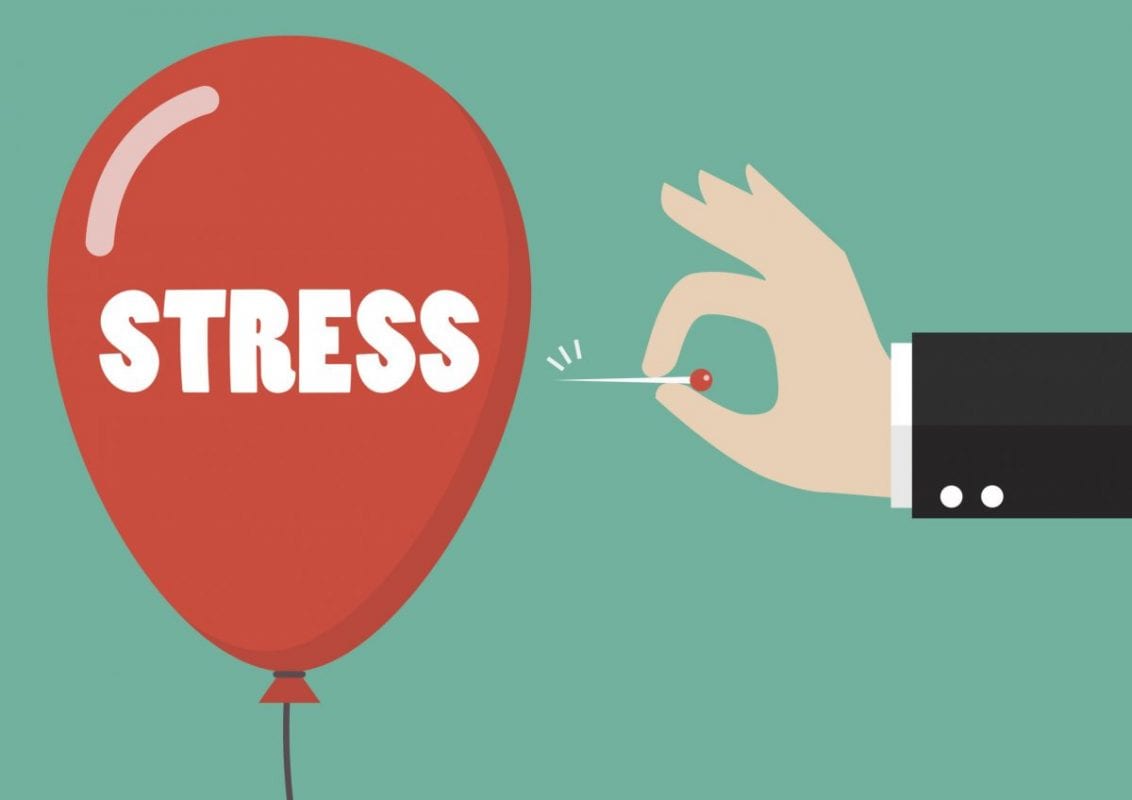During good times and bad, stress affects everyone. Whether school, work, or personal matters are the source of your stress, how you choose to deal with it can make all the difference for your overall health. Managing stress is essential to living a healthy and balanced life. Fortunately, there are many tried and tested natural methods to reduce stress you just have to find what works for you.
If you’re experiencing more stress than usual or simply want to develop healthy habits before stress catches up with you, start experimenting. You may just find that one of these habits or natural remedies is the stress-reliever you’ve been searching for.
Meditation
The art of meditation dates back to ancient civilization, possibly as early as 5,000 BCE, with references to its practice in the histories of cultures worldwide. While initially developed for spiritual awareness, scientific studies of the benefits of meditation in modern times have contributed to its widespread popularity and practice.
When meditating, you relax your mind, which helps you calm down and process information and emotions. This methodology allows you to become more self-aware and helps eliminate negative emotions. Practicing meditation may benefit those with depression or who have difficulty sleeping. Meditation may also help with a wide array of physical ailments.
There are many meditation methods with different levels and types of efficacy.The differences between them usually boil down to breathing style and pose.
Yoga
Poses and motions make up just one half of yoga, the other half being the philosophy, similar to Tai Chi. Practicing yoga helps you reduce stress by providing you the exercises you need and promoting a more peaceful mindset.
Similar to meditation, breathing plays a large role in yoga as well. In fact, in both meditation and yoga, it’s the breathing techniques that play a key role in relaxing your mind and body. Yoga combines breathing exercises with certain poses to maximize its physical and mental benefits. There are countless yoga poses to ramp up the difficulty as you advance.
If you are new to yoga, start by mastering the basic poses before moving to the more complex ones. Unlike bodybuilding or other forms of exercises, yoga poses take a lot of time to master, so have patience with your body.
CBD
Cannabidiol, or CBD, is an active component in marijuana and hemp plants. Research suggests that CBD may help alleviate stress because it alters how your brain’s chemical receptors respond to serotonin, the chemical commonly associated with depression and anxiety.
CBD products give you the same benefits of marijuana, just without the tetrahydrocannabinol (THC) that creates the associated high. You can legally buy CBD capsules in CA, or a number of other CBD products like edibles and oils.
Music Therapy
Listening to music is a common way that people subconsciously reduce stress. Music therapy takes this a step further and finds the perfect music for an individual by understanding and observing their mental condition.
Though not as common among adults, mental health professionals often use music to treat children and adolescents. The different instrumental and sound pitches of music can help guide one’s focus and emotions in a particular direction.
Art Therapy
While not for everyone, art therapy is a stress management technique that helps many people to reduce stress. You don’t have to be exceptionally gifted to try out art therapy, as the main goal isn’t to make an artist out of you.
Art therapy’s primary purpose is to allow you to use a canvass or artbook to convey your emotions in images. Like music therapy, art therapy is also more common for children, but a significant number of art therapy seekers are adults.
Journaling
Another classic technique helpful for stress management is journaling. By definition, journaling is the act of recording one’s thoughts and feelings instead of recording events like a diary. According to a 2005 review by Australian researchers, journaling can significantly help deal with stress and traumatic events.
Journaling is quite easy. Start by buying a journal or a notebook. If you want, you can type on a document on your desktop or smart device. Focus on how you felt throughout the day when interacting with people and significant events. It might be challenging at first, but the words will flow if you persist.
Confronting and Conquering Your Stress
With COVID-19 affecting the livelihood and routine of millions of people worldwide, stress is at an all-time high. To avoid the effects of long-term stress, you need to deal with it head-on. It may take some trial and error, but natural remedies and reduce stress with activities can go a long way to improve your overall wellness.








